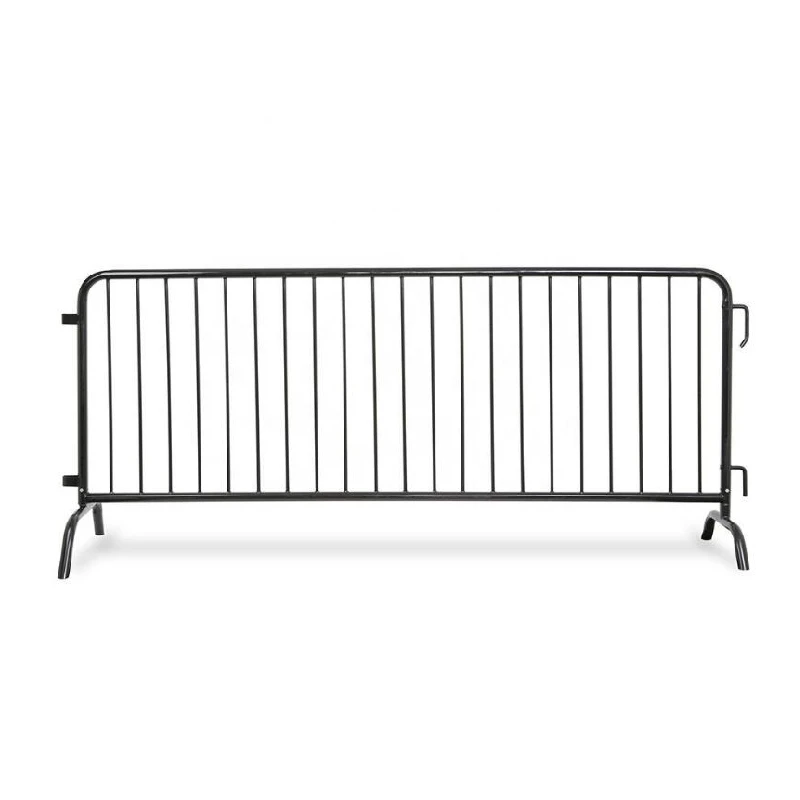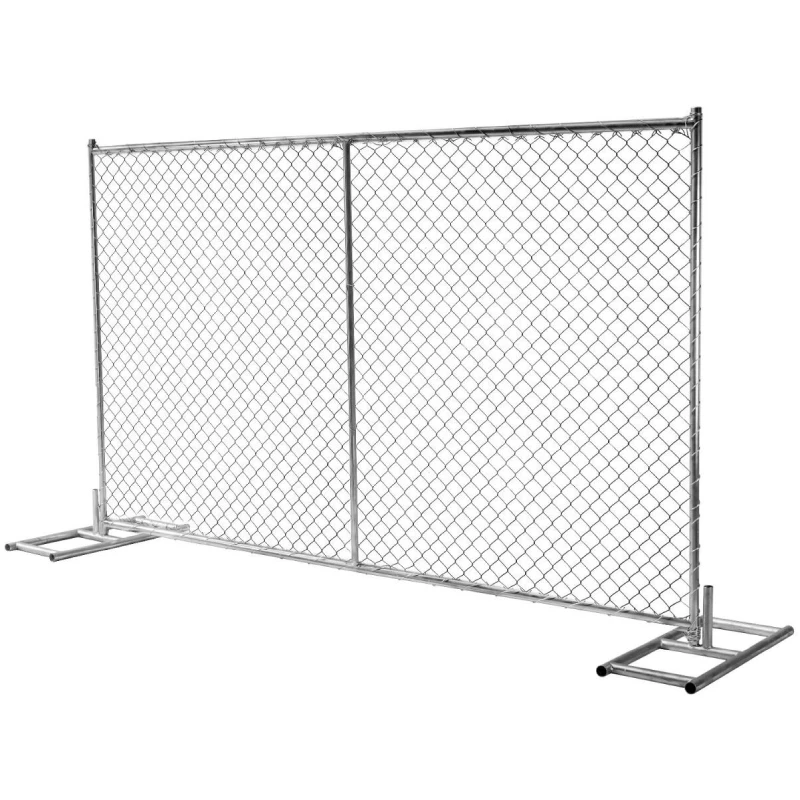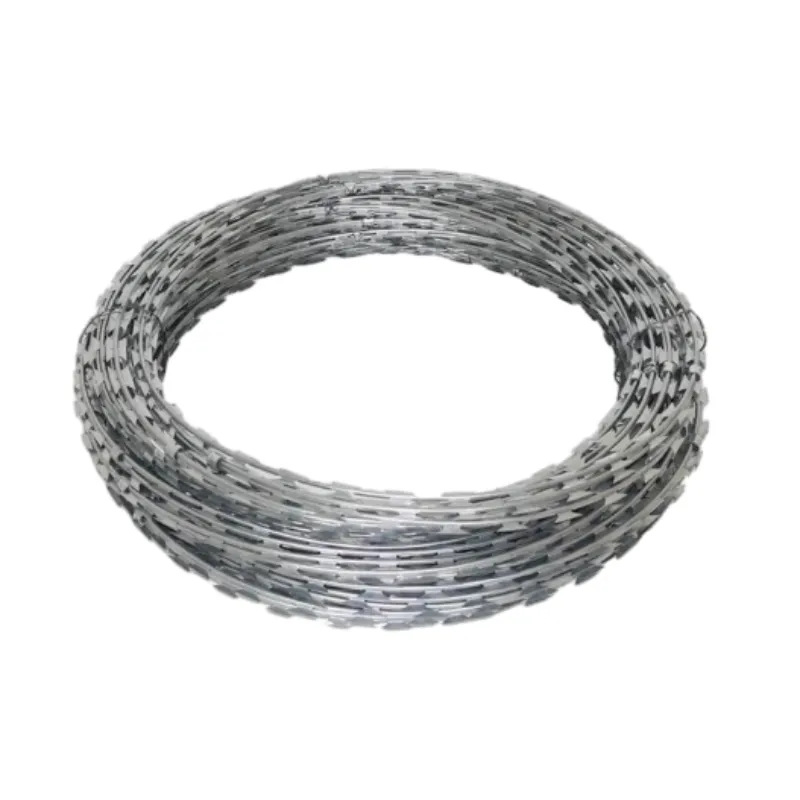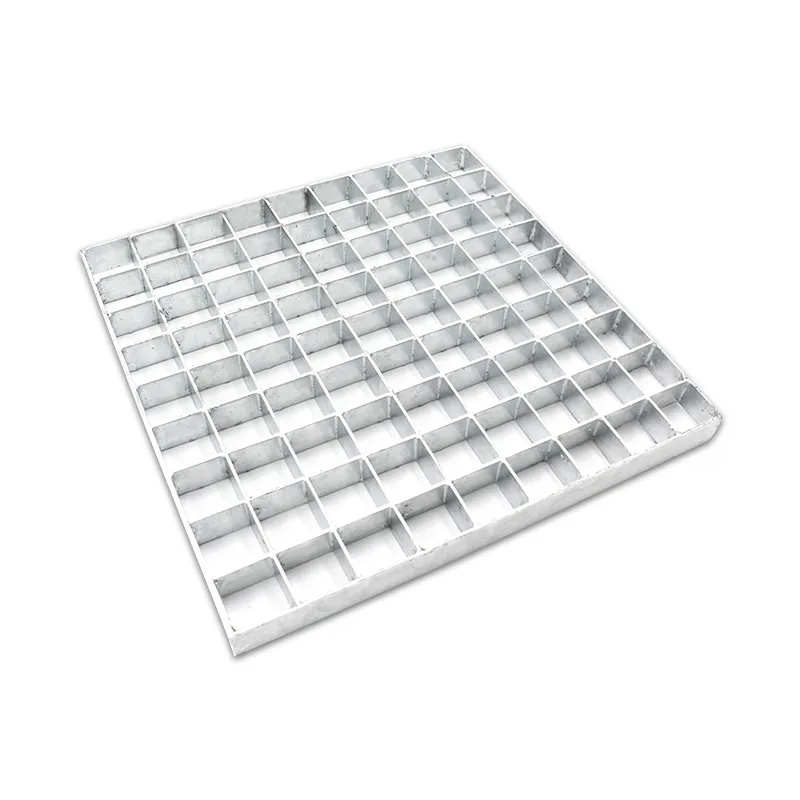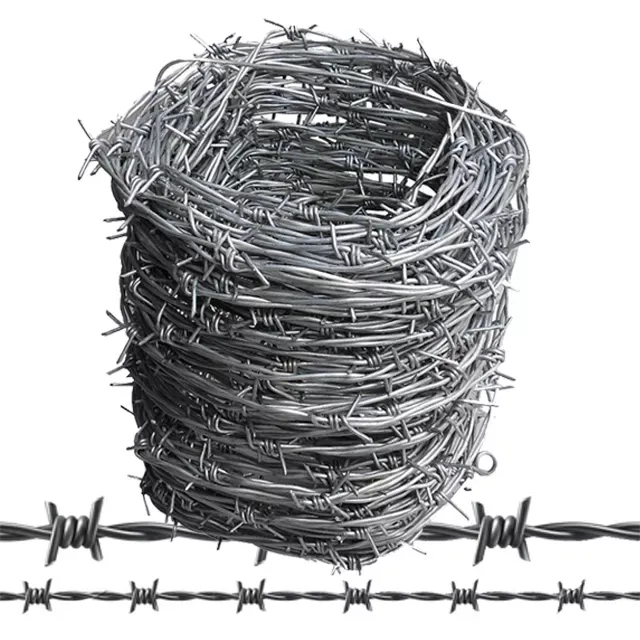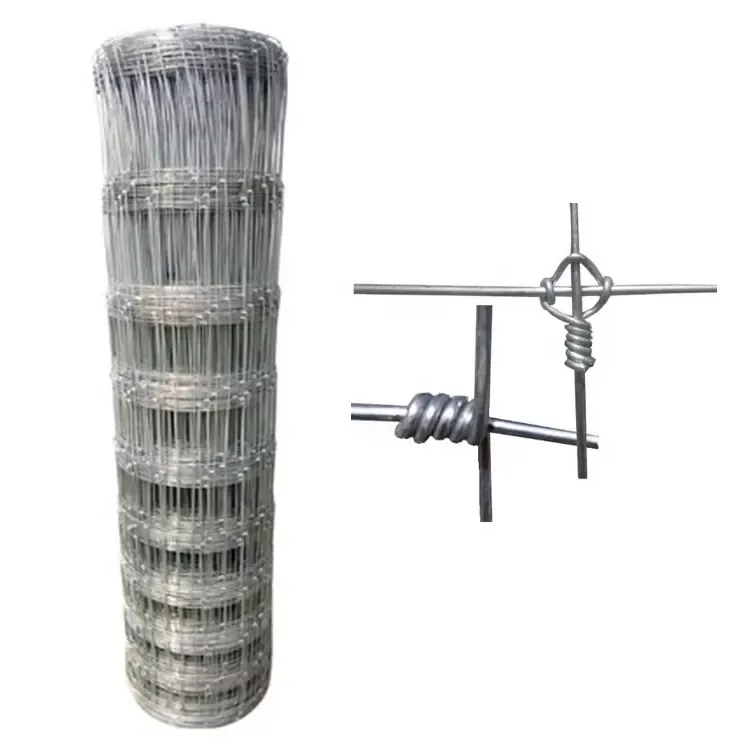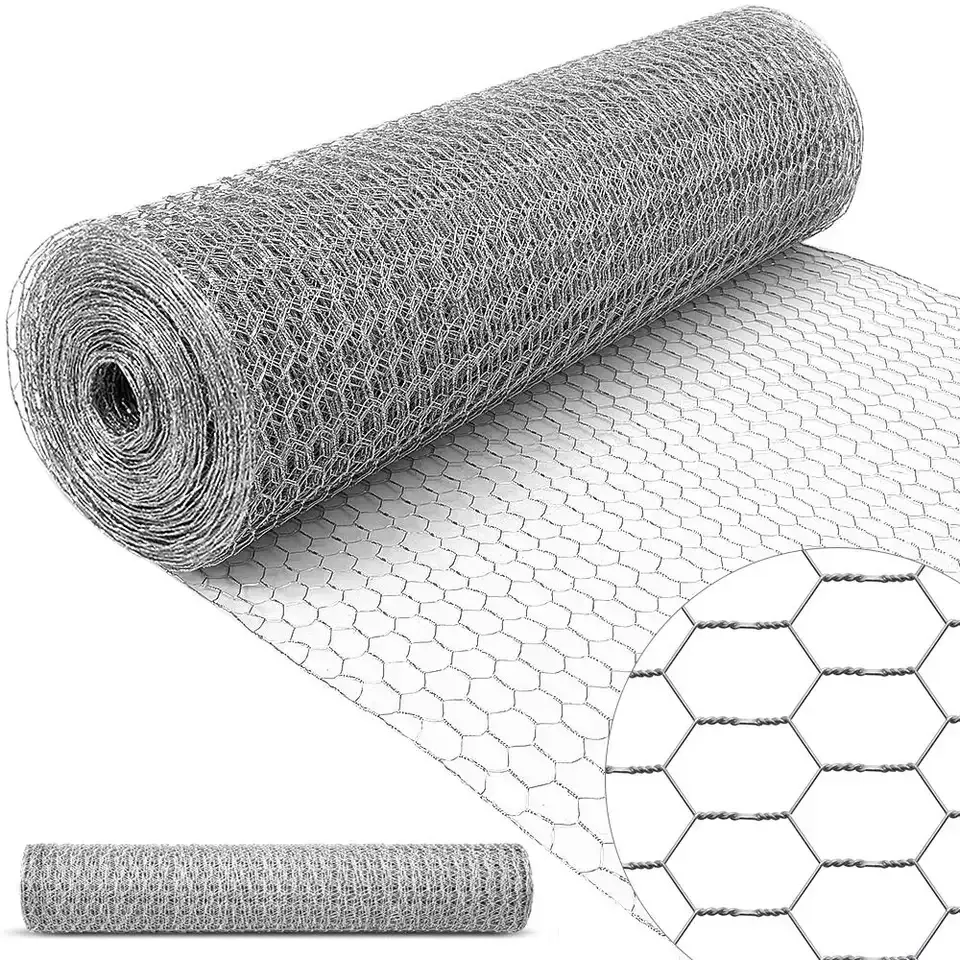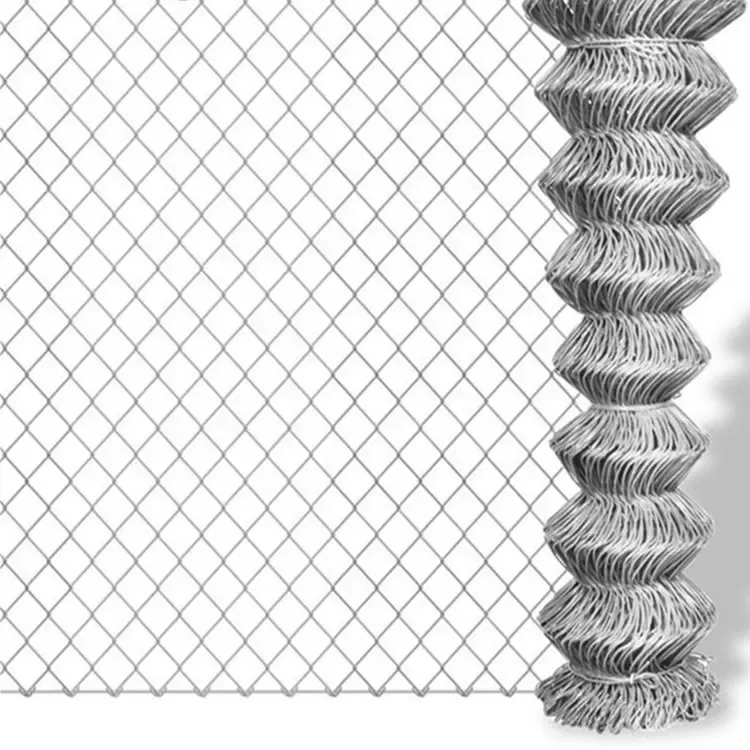
- Afrikaans
- Albanian
- Arabic
- Armenian
- Azerbaijani
- Basque
- Belarusian
- Bengali
- Bosnian
- Bulgarian
- Croatian
- Czech
- Danish
- Dutch
- English
- Esperanto
- Estonian
- Finnish
- French
- Galician
- Georgian
- German
- Greek
- hawaiian
- Hindi
- Hungarian
- Indonesian
- irish
- Italian
- Lao
- Latvian
- Lithuanian
- Luxembourgish
- Macedonian
- Maltese
- Myanmar
- Norwegian
- Polish
- Portuguese
- Romanian
- Russian
- Serbian
- Slovak
- Somali
- Spanish
- Swedish
- Thai
- Turkish
- Turkmen
- Vietnamese
დეკ . 03, 2024 16:48 Back to list
welded wire mesh gauge
Understanding Welded Wire Mesh Gauge A Comprehensive Guide
Welded wire mesh is a versatile and widely used product in construction, agriculture, and various industries. Its strength, durability, and adaptability make it an optimal choice for numerous applications. One of the critical factors that determine the performance of welded wire mesh is its gauge. In this article, we will explore what gauge means in the context of welded wire mesh and its implications for various uses.
What is Welded Wire Mesh?
Welded wire mesh consists of thin, longitudinal wires that are welded together at regular intervals, forming a grid-like structure. This mesh is typically made from steel, although stainless steel and other materials can also be used depending on the application. Welded wire mesh is commonly used in flooring, fencing, concrete reinforcement, and as cages for the agricultural industry.
What is Gauge?
The term gauge refers to the thickness of the wire used in the welded mesh. In the wire industry, gauge is a measurement that denotes the diameter of the wire. The higher the gauge number, the thinner the wire. Conversely, a lower gauge number signifies a thicker wire. For example, an 8-gauge wire (around 0.164 inches or 4.2 mm in diameter) is thicker than a 10-gauge wire (around 0.101 inches or 2.6 mm in diameter).
Why Does Gauge Matter?
The gauge of welded wire mesh plays a significant role in determining its strength, weight, cost, and suitability for specific applications
. Here are some reasons why understanding gauge is crucial1. Load-Bearing Capacity Thicker wires generally have higher load-bearing capacities. For applications requiring strong support, such as concrete reinforcement, lower gauge (thicker) wire mesh is preferred to withstand significant loads without bending or breaking.
2. Flexibility Thinner wires are more flexible and can be manipulated easily for specific designs. This flexibility can be beneficial in applications where the mesh needs to be shaped or conformed to particular contours, such as in agricultural fencing.
welded wire mesh gauge

3. Cost-Effectiveness Thinner wire mesh is typically less expensive, making it a cost-effective option for applications where extreme strength is not required. Choosing the appropriate gauge can help manage project budgets effectively while meeting the required performance standards.
4. Corrosion Resistance For outdoor applications, the gauge of the wire can also impact its longevity. Thicker wires may offer better durability and corrosion resistance, especially if galvanized or coated. This is particularly important in environments exposed to moisture or corrosive substances.
5. Code Compliance Many construction projects must adhere to local building codes and regulations. Understanding the gauge necessary for particular applications can help ensure compliance and avoid potential legal issues.
Selecting the Right Gauge
When selecting the appropriate gauge for welded wire mesh, several factors should be taken into account
- Application Determine the specific application of the mesh. For heavy-duty construction, a lower gauge (thicker) wire is advisable, while for non-structural uses, a higher gauge (thinner) wire may suffice. - Environmental Conditions Consider the environment in which the mesh will be used. Areas prone to moisture, chemicals, or extreme weather may require thicker, more durable materials.
- Load Requirements Assess the load requirements of your project. Understanding the maximum load the mesh must support will guide you to a suitable gauge.
- Aesthetic Needs In projects where visual appearance matters, such as decorative fences or architectural elements, a thinner gauge with a more refined appearance might be preferred.
Conclusion
Understanding the gauge of welded wire mesh is essential for making informed decisions in construction and design. By considering the thickness of the wire, you can optimize the strength, flexibility, cost, and suitability of the mesh for your specific application. Whether you are reinforcing concrete, building a fence, or creating custom structures, choosing the right gauge plays a critical role in the success of your project. Always consult with professionals or manufacturers to ensure you select the best wire mesh for your high-quality requirements.
-
Versatile Sheep and Livestock Hurdles for Sale
NewsApr.14,2025
-
The Rise of BRC Fencing
NewsApr.14,2025
-
High-Quality Cattle and Horse Panels for Sale
NewsApr.14,2025
-
Durable Cattle Fencing Solutions
NewsApr.14,2025
-
Double Wire Fencing Solutions
NewsApr.14,2025
-
360 Degree Protection with 358 Anti-Climb Fences
NewsApr.14,2025


